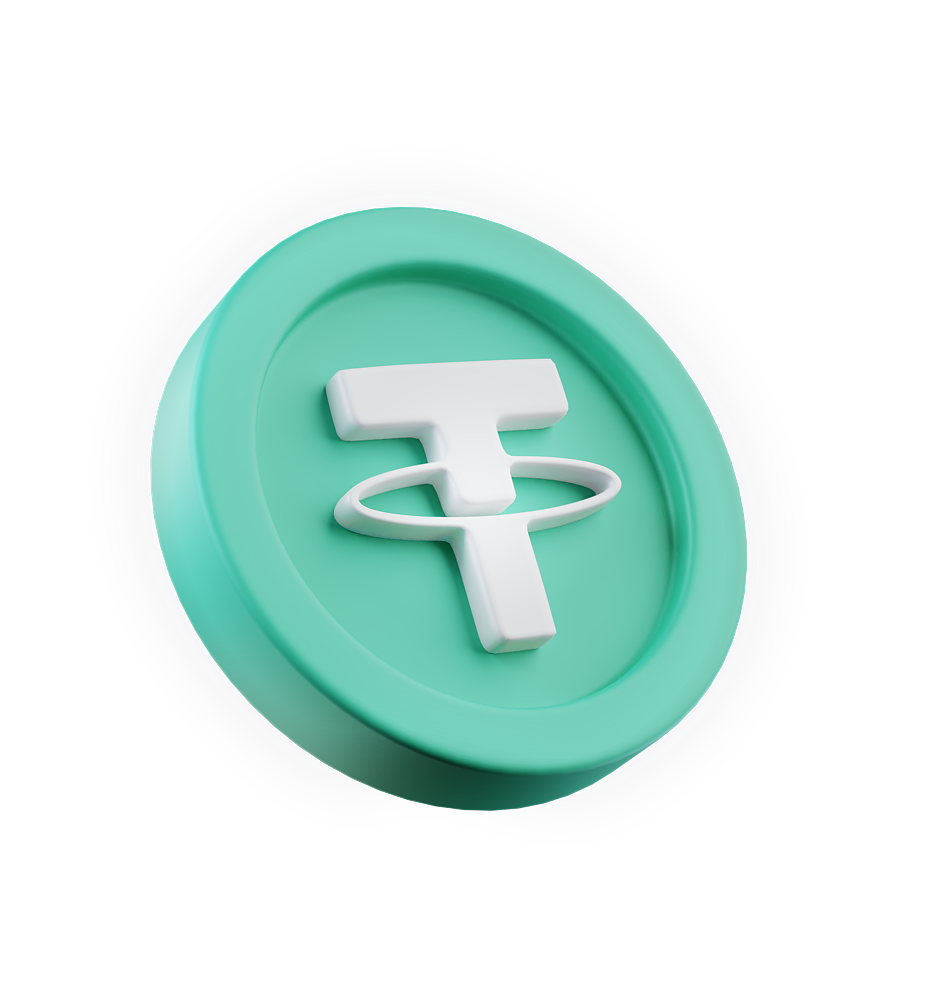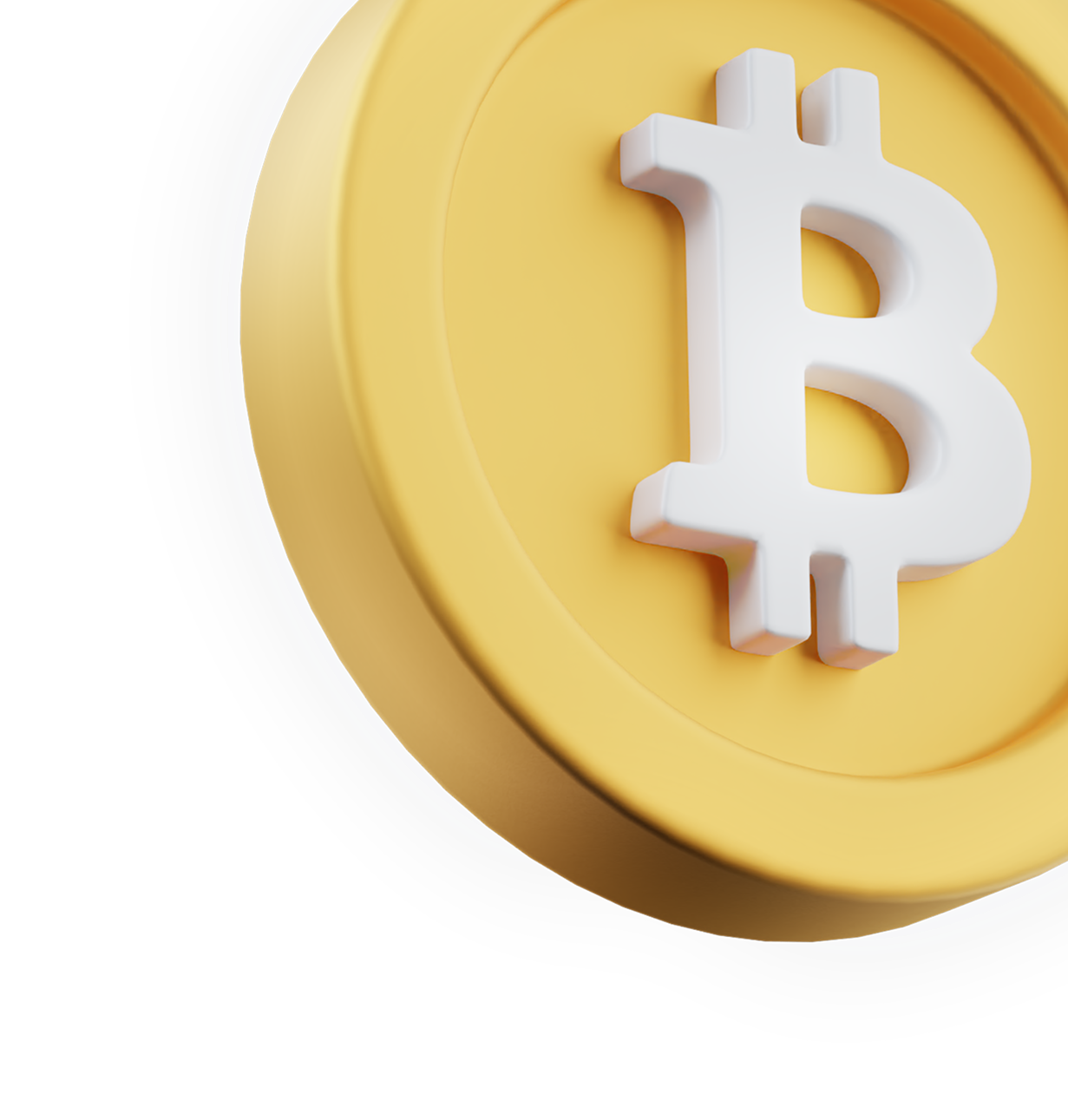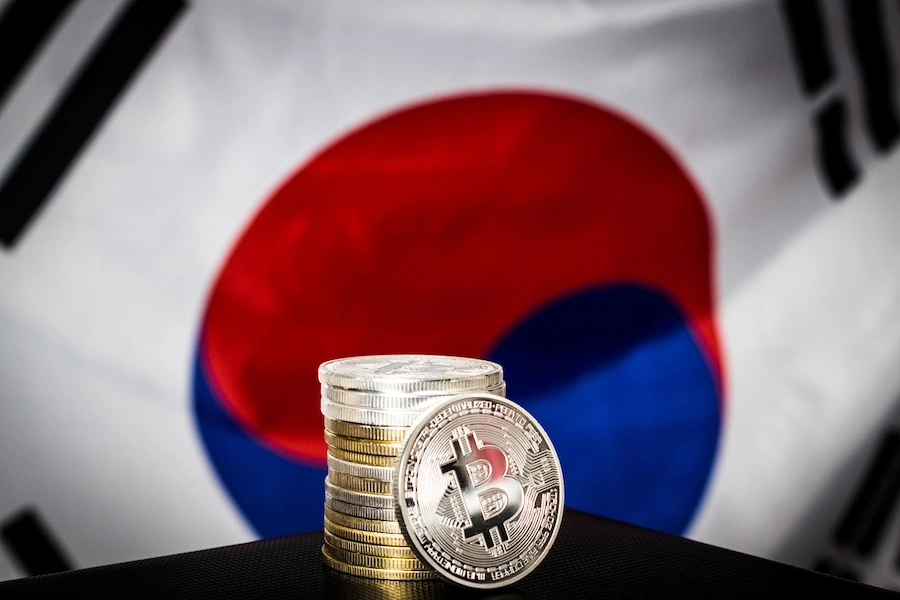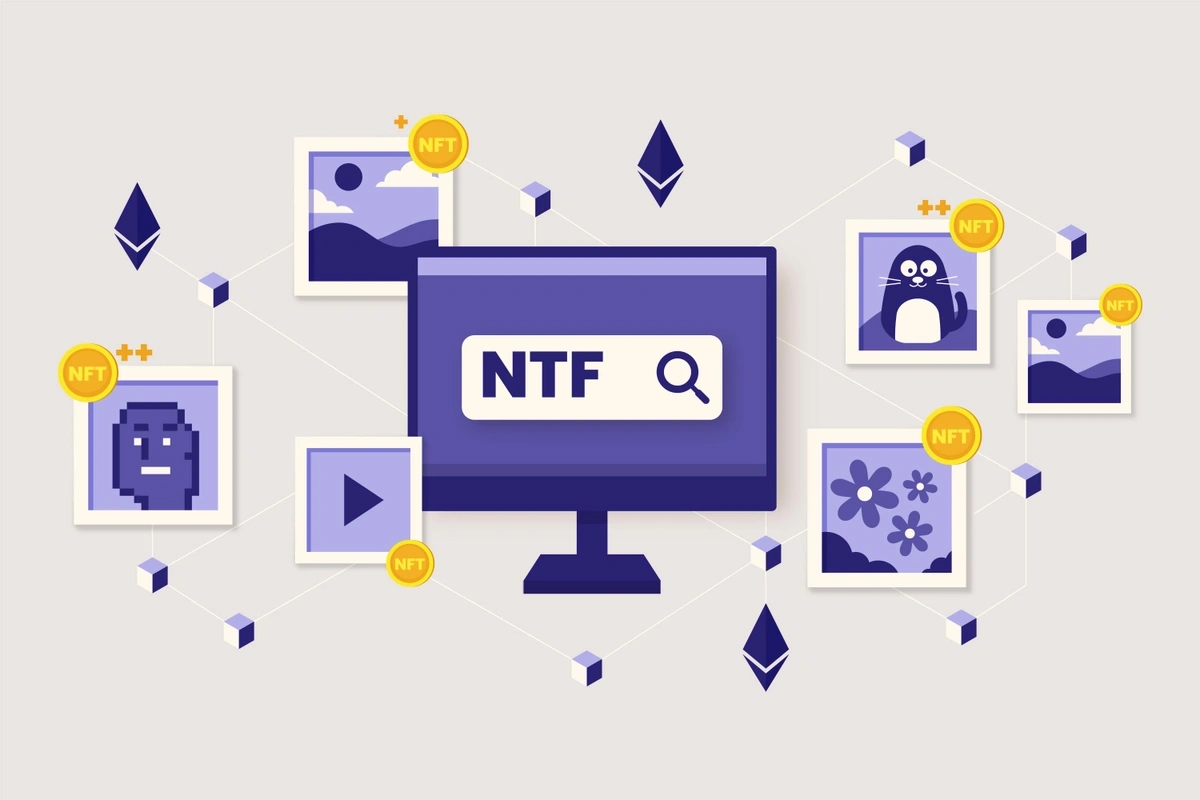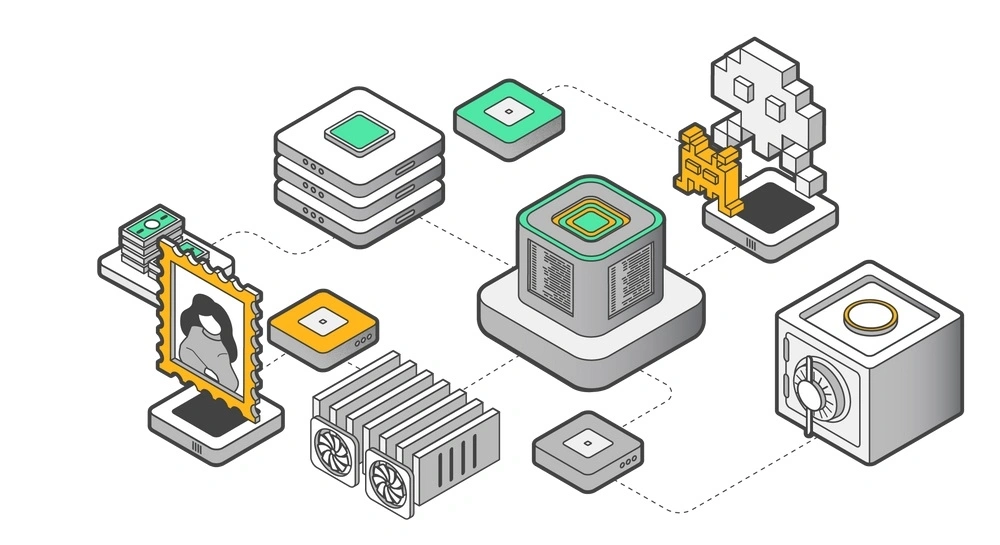The South Korean crypto industry is an intriguing mix of technological advancement and regulatory evolution. For any South Korean looking to branch into crypto investing, understanding the exchanges and wallets, as well as localized rules, is crucial. Even for traders not based in South Korea, further familiarizing themselves with this global leader's digital innovation and approach to cryptocurrency, along with its global implications, can help shape their strategy.
The South Korean crypto industry is an intriguing mix of technological advancement and regulatory evolution. For any South Korean looking to branch into crypto investing, understanding the exchanges and wallets, as well as localized rules, is crucial. Even for traders not based in South Korea, further familiarizing themselves with this global leader's digital innovation and approach to cryptocurrency, along with its global implications, can help shape their strategy.
This guide provides a thorough exploration of South Korean crypto exchanges and wallets, detailed insights into the regulatory environment, and highlights emerging trends in the digital asset sector. It's a comprehensive resource aimed at offering valuable information for enthusiasts and investors looking to understand or engage with the South Korean cryptocurrency market.
Key Takeaways:
- South Korea's crypto market blends tech innovation with evolving regulation.
- Strict AML protocols underpin South Korea's crypto regulatory framework.
- New acts focus on user protection and transparent transactions.
- ZERT wallet aligns with South Korea’s crypto regulations and security.
- South Korea's approach to crypto influences global digital asset trends.
Top Crypto Exchanges That Serve South Korea
South Korea's crypto exchange market is dynamic and highly competitive, offering a range of services tailored to diverse investor needs. If you’re looking for a Korean crypto exchange, we’ve handpicked a list of our favorites for you.
Upbit
As one of the largest Korean crypto exchanges, Upbit has a strong user base of around 8.9 million and a trading volume exceeding $2.6 billion. A subsidiary of the Korean tech giant Kakao, Upbit has significantly contributed to the Korean Blockchain ecosystem by investing $50 million in Blockchain startups through its investment arm, Dunamu & Partners.
Bithumb
This exchange has over 8 million registered users and 1 million mobile app users. Despite facing challenges, including security breaches, Bithumb has continued to grow, focusing on global expansion through Bithumb Global, which is already established in 10 countries.
Coinone
Known for its expansion in Southeast Asia, Coinone has also innovated in the remittance space with its Blockchain-based app, Cross, which uses Ripple’s xCurrent product for speedy cross-border payments. Coinone Transfer, a subsidiary of Coinone, facilitates low-cost fund transfers to Thailand and the Philippines, working with Siam Commercial Bank and Cebuana Lhuillier.
Korbit
This was the first Korean crypto exchange and is considered the 4th biggest in Korea. Korbit, which has been the subject of acquisition interest from major companies like EA, Disney, and Tencent, was the first to receive an “optimal” grade for information security and AML from the Ministry of Science and ICT.
GOPAX
The 5th largest Bitcoin exchange in South Korea, GOPAX, stands for Global Online Professional Assets Exchange. Founded by Streamit and partnered with Shinhan Bank, GOPAX has a strong engineering team from top universities and offers over 20 coins for trade. It is unique for its KISA’s Information Security Management System (ISMS) certification.
Huobi Korea
As a subsidiary of the global Huobi exchange, Huobi Korea listed 100 coins and 208 markets at launch. They place a strong emphasis on security, with over 98% of customer assets held in cold wallets. Huobi Korea is also focused on enhancing its anti-money laundering measures and finding strategic partners for growth.
Probit Korea
Probit Korea, known for its robust security, was ranked 28th safest by Hacken. The exchange has over 300,000 monthly active users, offers services in 8 languages, and has conducted over 80 IEOs. Its CEO, an ex-partner of Kim & Chang, emphasizes Probit’s global market targeting and prioritizes performance and security.
Important Context About Crypto Regulations in South Korea
South Korea's regulatory landscape for cryptocurrency is characterized by a careful balance between innovation support and rigorous oversight. As of 2024, recent regulatory developments and existing legal frameworks reflect this balanced approach.
The Legalities of Crypto in Korea
The Electronic Financial Transactions Act and the Act on Reporting and Use of Specific Financial Information provide a robust legal framework for cryptocurrencies in South Korea. This framework ensures the legality of crypto transactions and mandates compliance with financial norms to protect investor interests. In 2023, the Financial Services Commission (FSC) introduced a new Act, aiming to enhance crypto user protections, transaction transparency, and market discipline, scheduled for implementation in 2024.
Anti Money Laundering Protocols
Cryptocurrencies in South Korea are regulated under stringent Anti-Money Laundering (AML) protocols, overseen by the FSC. The AML requirements include appointing a money laundering reporting officer, developing internal AML policies, conducting comprehensive risk assessments, customer due diligence, sanctions screening, transaction monitoring, and complying with the Travel Rule.
Learn More: The Difference Between KYC and AML for Crypto
Licensing Requirements
Virtual Asset Service Providers (VASPs) must comply with a range of regulations, including buying or selling virtual assets, exchanging virtual assets, transferring, storing, and managing virtual assets, and acting as intermediaries or mediators in transactions. These entities are required to report their business activities to the Korea Financial Intelligence Unit (KoFIU) before commencing operations.
Crypto Taxes in South Korea
While there are some countries that are crypto tax-free, South Korea isn’t one of them. In fact, this country’s tax framework for cryptocurrencies is evolving to integrate digital assets into the national fiscal regime, imposing taxes like capital gains and value-added tax. Additionally, the 2023 Act introduced new regulations targeting the protection of virtual assets, regulation of unfair trade practices, and empowering financial authorities to supervise and impose sanctions on the virtual asset market and business operators. Key measures include managing customer transaction deposits separately, maintaining cold wallet storage for a proportion of virtual assets, having insurance or reserves for hacking or network crashes, and maintaining transaction records for fifteen years.
This comprehensive approach to regulation and taxation positions South Korea as a forward-thinking player in the global crypto market, balancing the need for innovation with the imperative of investor protection and market integrity.
Consumer Protection Measures
In a significant move to bolster consumer safeguards, South Korea's National Assembly passed the Virtual Asset User Protection Act. This comprehensive legislation defines digital assets, sets out penalties for unfair transactions, and mandates that service providers segregate user assets, maintain insurance, hold some reserves in cold wallets, and keep detailed transaction records. This act strengthens the Financial Services Commission's authority to oversee and inspect service providers, marking a pivotal step towards a robust legal framework for virtual assets.
Regulatory Developments for ICOs and IEOs
The South Korean government's approach towards ICOs and IEOs is currently under deliberation as part of the broader Digital Asset Basic Act (DABA). This Act, once finalized, is expected to provide comprehensive guidelines for the growing Korean crypto industry, including regulations for ICOs and IEOs. These regulations aim to ensure fair trading practices and better protect Korean crypto investors from potential market risks.
Collaboration with International Regulatory Bodies
Recognizing the global nature of cryptocurrencies, South Korean lawmakers are emphasizing the importance of international cooperation in crypto regulation. This approach is in response to the growing consensus among global financial leaders that no single country can effectively regulate the crypto market in isolation. South Korean regulators have indicated that they will consider international standards and gradually integrate them into their regulatory framework, ensuring both global alignment and local relevance.
Future Regulatory Outlook
The future regulatory landscape for cryptocurrencies in South Korea is poised to evolve in response to both domestic and international developments. Lawmakers and regulators are actively engaged in crafting legislation that balances the need for user protection with the dynamic growth of the digital asset market. This progressive and cautious approach is indicative of South Korea's commitment to fostering a safe and innovative crypto environment, taking into account global trends and the specific needs of its market.
ZERT: A Recommended Wallet for Crypto Investments in South Korea
Before investing in crypto, you need to know the difference between a crypto exchange and a crypto wallet. To summarize, a cryptocurrency wallet is designed for secure storage, sending, and receiving of cryptocurrencies, focusing on user control over private keys for heightened security. If you seek to use crypto to buy goods, you’ll want to set up a wallet that you can link to your crypto debit or credit card.
In contrast, a cryptocurrency exchange serves as a platform for trading various cryptocurrencies, facilitating the buying and selling process.
ZERT stands out as a reliable wallet choice for those engaging with the South Korean crypto market. It combines robust security with regulatory compliance and user-friendly features translated into Korean.
Key Features of ZERT for South Korean Crypto Investors:
- Compliance with Regulations: Adheres to South Korea's strict crypto regulatory framework.
- Advanced Security: Incorporates encryption, multi-factor authentication, and continuous monitoring.
- Integration with Korean Exchanges: Offers seamless transactions across various platforms.
- User-Friendly Interface: Designed for ease of use, catering to both experienced investors and newcomers.
- Responsive Customer Support: Provides dedicated assistance and updates in response to market and regulatory changes.
These features make ZERT a practical and secure option for managing crypto investments in the dynamic South Korean market. For more detailed information, ZERT’s website offers comprehensive insights into their services.
Summarizing Crypto Investing in South Korea
Overall, South Korea's crypto industry stands as a remarkable example of how technological innovation can be harmoniously blended with thoughtful regulation. From the comprehensive regulatory framework ensuring market integrity and user protection to the dynamic array of crypto exchanges offering diverse services, South Korea is paving the way for a more secure and advanced digital asset landscape.
This fusion of tech-savvy approaches and regulatory foresight makes South Korea a regional and global frontrunner in shaping the future of cryptocurrency. For seasoned investors and newbies, the South Korean crypto market offers a unique combination of security, innovation, and opportunity, setting a benchmark for others to follow.

